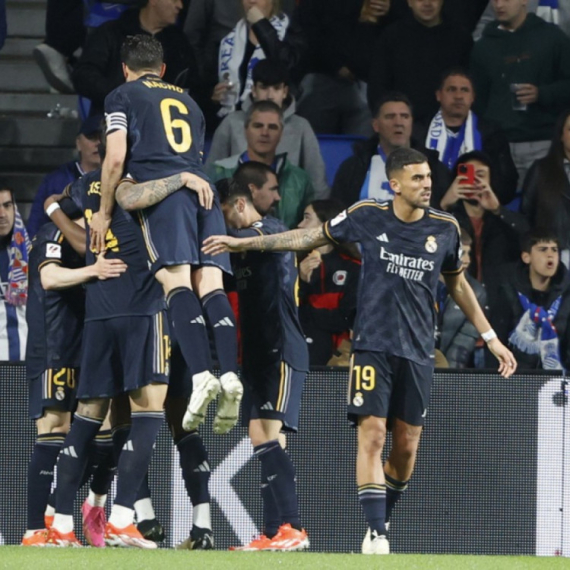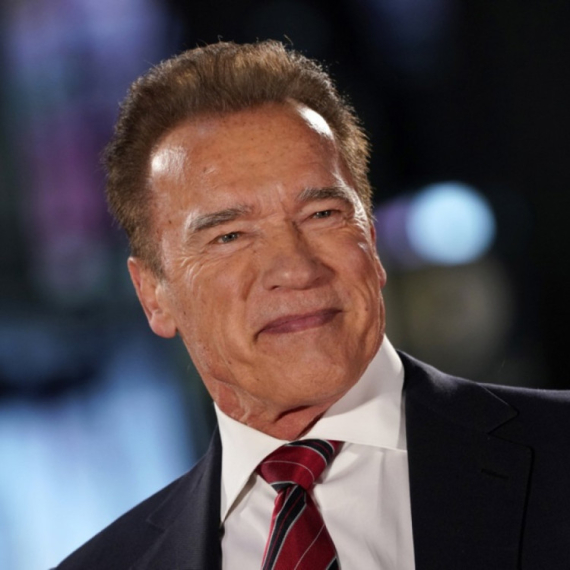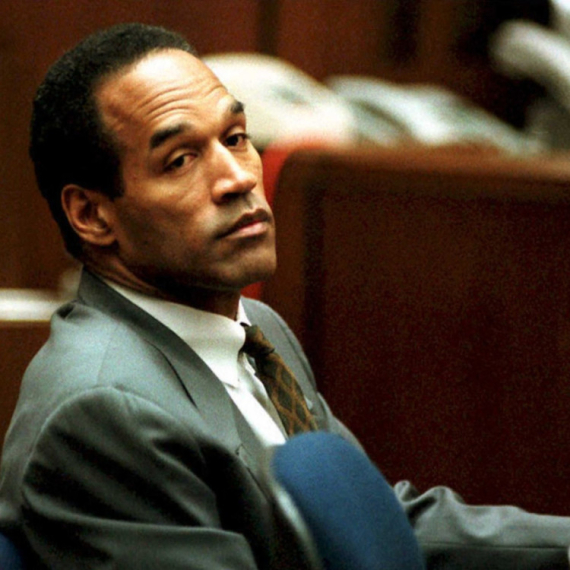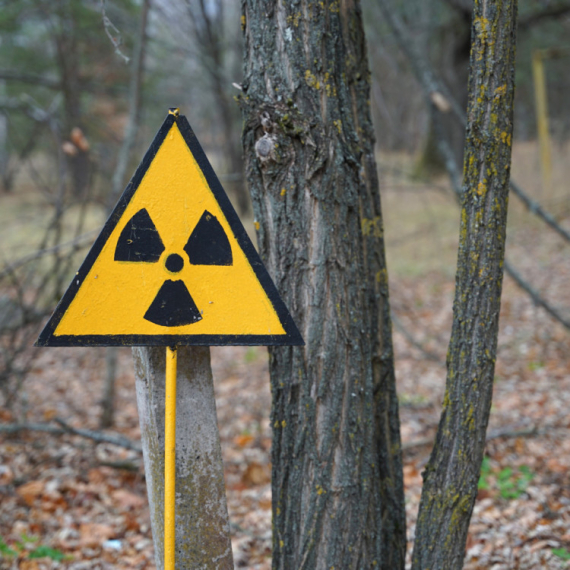High level talks in Vienna
The first highest level talks on Kosovo status are over. Albanians: independence; Serbs: essential autonomy.
Monday, 24.07.2006.
09:45

High level talks in Vienna
Tadić criticized the decentralization negotiations so far since they, according to him, have generated more worry than relief. When it comes to the Serbian Orthodox Church (SPC) in Kosovo, Tadić expressed his belief it was necessary to reach an agreement that would define the protected zones, their security, but also the property that is currently public, set to become a part of the zones.Serbian PM Vojislav Koštunica began his address explaining Serbia’s solution to the Kosovo status problem: essential autonomy formula. He said that this autonomy must be guaranteed with a constitutional agreement. Kosovo’s constitutional jurisdiction will be implemented by the province’s institutions, legislative, executive and judicial government. According to this formula, Serbia would be in charge of foreign affairs and borders. Koštunica also said that due to the province’s specific ethnic structure, the parliament would have a number of seats reserved for the Serb and other non-Albanian representatives. He added that laws could not be passed unless the majority of Serb PMs voted in favor.
During the break between the two sessions, Serbian president Boris Tadić said that Albanians had demanded unconditional independence without showing a desire to negotiate. “We are here to talk, but all we get from Albanians is an ultimatum demanding independence”, president Tadić said.
Serbian President Boris Tadić, Prime Minister Vojislav Koštunica and Foreign Affairs Minister Vuk Drašković represented Belgrade, while Kosovo President Fatmir Sejdiu and Prime Minister Agim Ceku represented the Kosovo Albanians. Other than UN Special Envoy for the Kosovo Talks, Martti Ahtisaari and his deputy Albert Rohan, US and EU envoys Frank Wisner and Stefan Lene were also in attendance.

Ahtisaari’s deputy Albert Rohan said that the international community wishes for the solution to be a result of an agreement, but that this was up to the two negotiating sides. “If this is not possible, the UN Secretary-General will be notified, and then request the mediators’ opinion”, Rohan was quoted.
Goran Svilanović of the Pact for the Stability of Southeast Europe told B92 that no one should expect any solutions to be found in Vienna today. He said that both sides are support their stances very strongly; Belgrade on its instance that a new state cannot be created on the territory of Serbia, and Priština with its stance that Kosovo is already independent.
Suroi: Serbian proposal not even a basis for negotiations
Kosovo negotiating team member, president of the ORA opposition party, Veton Suroi, told B92 that the Belgrade proposal seems detached from reality and in his opinion as such doesn’t even represent a basis for negotiations. “After all we’ve been through it is unrealistic to even talk about some sort of autonomy. What we are offering is the establishment of a partnership. Kosovo will continue on its road to independence, it will have to be a functional, European state that will have an integrated Serbian identity. That is the question here.”In Suroi’s words, Serbia has lost its right to Kosovo. “We saw Yugoslavia disintegrating, we had a war. An international intervention took place during this war, creating a new reality, and it is unrealistic to expect that Albanians will give the sovereignty back to Belgrade. Belgrade has lost the war, through the genocide in Kosovo. Belgrade lost the right to discuss sovereignty.”
The Kosovo team will take part in the negotiations whenever and wherever they may take place, because that is in Kosovo’s interest, Veton Suroi concluded.
The Washington Post: Poisonous nationalism, veiled threats
Rather than join the Europe of the 21st century, Serbian leaders cling to “a failed nationalism”, today’s Washington Post editorial entitled “Serbia's Intransigence” reads.The U.S. daily writes that seven years after a U.S.-led NATO military campaign “freed the Balkan province of Kosovo from the oppressive rule of Serbia, a firm Western consensus has formed about its future: It should be granted independence before the end of this year, perhaps under an international trusteeship”.
“The problem, as so often during the past 20 years, is Serbia's political leadership, which remains addicted to the poisonous nationalism that drove the country into a series of disastrous wars during the 1990s”, the editorial reads.
The daily describes Serbian Prime Minister Vojislav Koštunica as “deaf to the increasingly blunt messages of Western governments and to his own public opinion, continuing to stubbornly campaign for continued Serbian sovereignty over Kosovo”.
The daily continues: “Boris Tadić, the more liberal-minded president, has taken a somewhat softer line, agreeing last week to participate in face-to-face U.N.-sponsored talks with Kosovo's leaders in Vienna today. But Mr. Tadić has resorted to repeating veiled threats that independence for Kosovo could cause demands for border changes elsewhere in Europe.”
“That gambit has been embraced by Russian President Vladimir Putin, who has threatened to use the example of Kosovo to legitimize Moscow-backed separatist regimes in Georgia and Moldova.”
The Post concludes that, “all of this means that the West's attempt to resolve the legacy of the Balkan wars of the 1990s and position the region inside the liberal Europe of the 21st century is in jeopardy of being defeated by Serbia's 20th-century-style nationalism and Russia's 19th-century game of power politics. If so, the main victims will be not the Albanians of Kosovo -- who in any case will never again be subject to Serbia -- but the Serbs, who could find themselves isolated in Europe and dependent on the patronage of an autocratic and imperialistic Russia. The country remains, at least, a democracy: There remains the hope that, if its leaders cannot adjust, its people will eventually choose better leaders.“














































Komentari 5
Pogledaj komentare